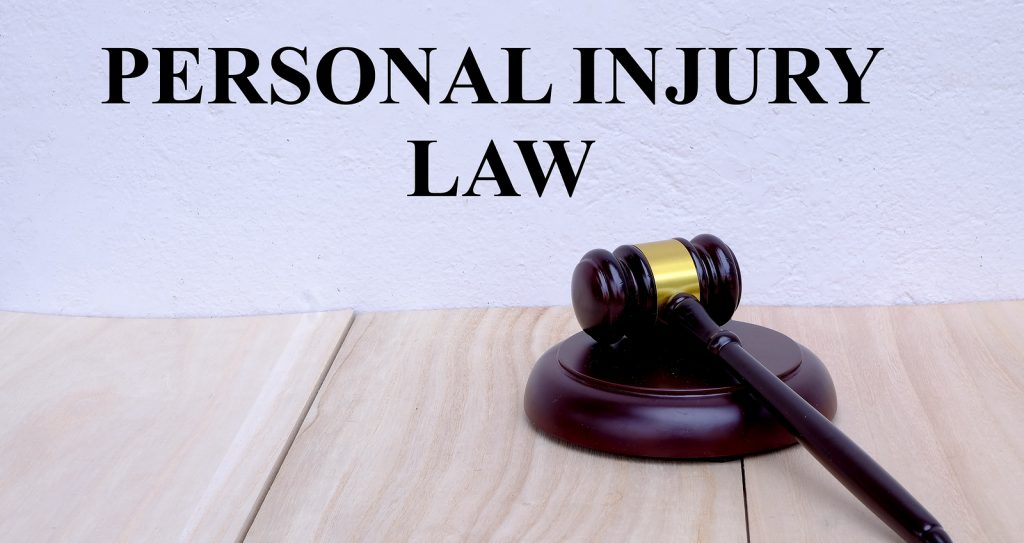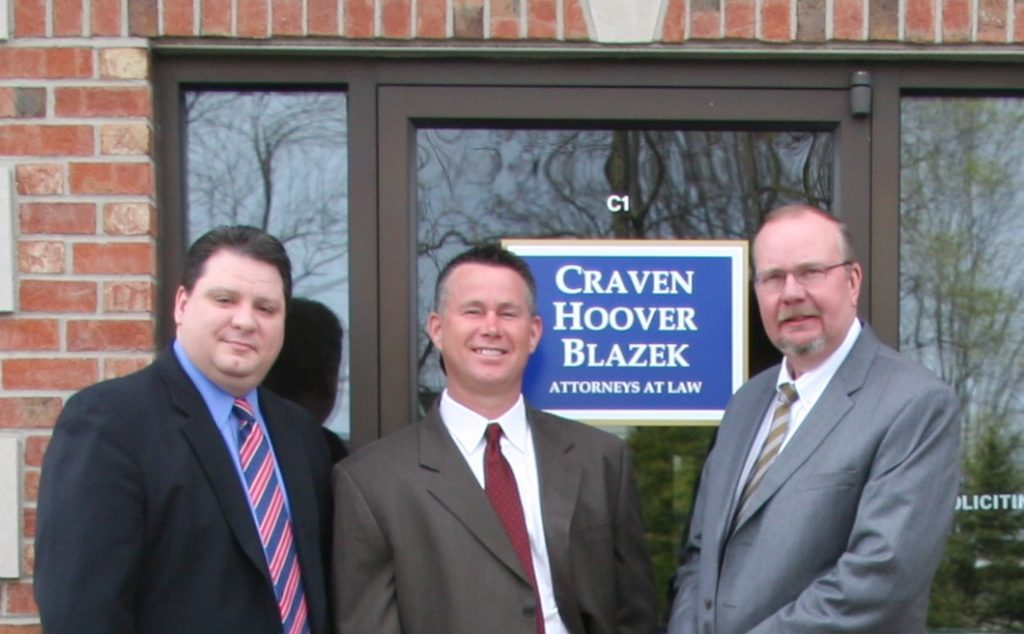When it comes to tort law, negligence is the most common type of tort. Negligence is failing to use the reasonable care that a reasonably prudent person would use. You see, in our country, the law expects individuals to abide by a specific code of conduct and adhere to a legal duty to behave in a certain way in order to decrease the potentially of harming others. When individuals break this code of conduct, whether intentional or unintentional, consequences may be in order.
So what does this mean for you? If you were injured in an accident, regardless of what kind, and the accident was caused by another’s misconduct or wrongdoing or negligence, you could potentially bring about a tort claim against the at-fault party. In legalese, these are referred to as personal injury claims, which are meant to compensate victims for their losses and damages that resulted from the accident. Examples of damages and losses may include lost wages from work, medical expenses, hospital bills, pain, suffering, mental anguish, loss of consortium, prolonged physical therapy, permanent disfigurement, and much more.
Under civil litigation, tort law is the largest category, which governs a wide range of cases. However, under tort law, all personal injury cases fit into one of three primary categories: intentional torts, unintentional torts, and strict liability. Continue reading to learn the difference between the two, as well as, who to call for trusted legal advice regarding your personal injury claim.

A tort is a wrongful action or non-action that causes another person harm. In personal injury cases, the harm is usually physical, but can also be mental and emotional. A tortfeasor is the individual or entity that commits a tort, whether intentional or not. Tortfeasors can be individual people, companies, manufacturers, schools, businesses, retailers, and more. Now that you have reviewed the fundamentals of tort law, you can better understand the difference among the three primary categories. Below are brief explanations of intentional torts, unintentional torts, and strict liability.
Intentional Torts:
When an individual or entity intentionally behaves in a way that causes another person harm, it is categorized as an intentional tort. Intentional torts can come with both criminal and civil ramifications for the at-fault party, all of which vary from state to state, but may include mandated court orders, fines, restitution, probation, jail, travel restrictions, bans, money damages and more.
Common examples of intentional torts include assault, battery, defamation of character, fraud, invasion of privacy, false imprisonment, conversion (taking someone else’s property and converting it to their own), trespass to chattel (interference with personal property), trespass to land (using someone’s personal property without consent), deliberate infliction of emotional distress, and more.
Unintentional Torts:
When an individual or entity unintentionally or inadvertently behaves in a way that causes another person harm, it is categorized as an unintentional tort. Unintentional torts are based around negligence, which even though can be accidental, can still be punishable under civil law. Ramifications usually involve recompense or restitution. Common examples of unintentional torts include car accidents, slip and falls, medical malpractice, dog bites, and workplace accidents.
Strict Liability:
Also referred to as “absolute” liability, this legal principle applies to individuals or entities regardless of intent, and imposes liability without the need of direct fault. The most common example of strict liability are product defect lawsuits. In such cases, the injured victim need only demonstrate that their injuries were a direct result of the defectiveness of the product to get the law on their side. Intention does not play a role in cases of strict liability.
Where to Find Trusted Legal Advice
Call The Law Office of Craven, Hoover, and Blazek P.C. at 317-881-2700 for trusted personal injury representation in Indianapolis, Indiana and throughout the State of Indiana. Our seasoned accident attorneys work hard to ensure our clients’ rights to compensation. We offer free initial consultations to access your case and determine your eligibility for remuneration; and we never collect attorney fees unless we prevail for you!

